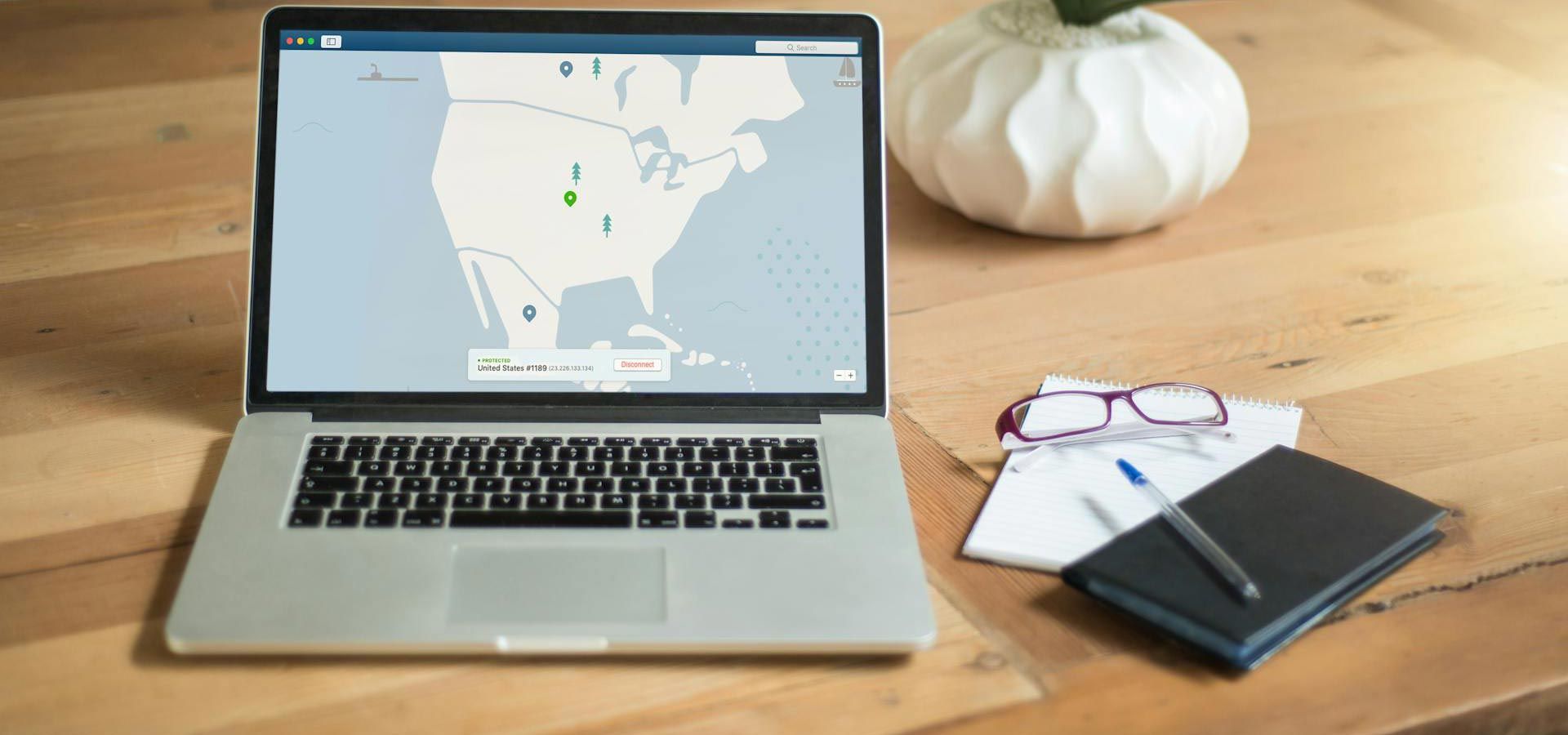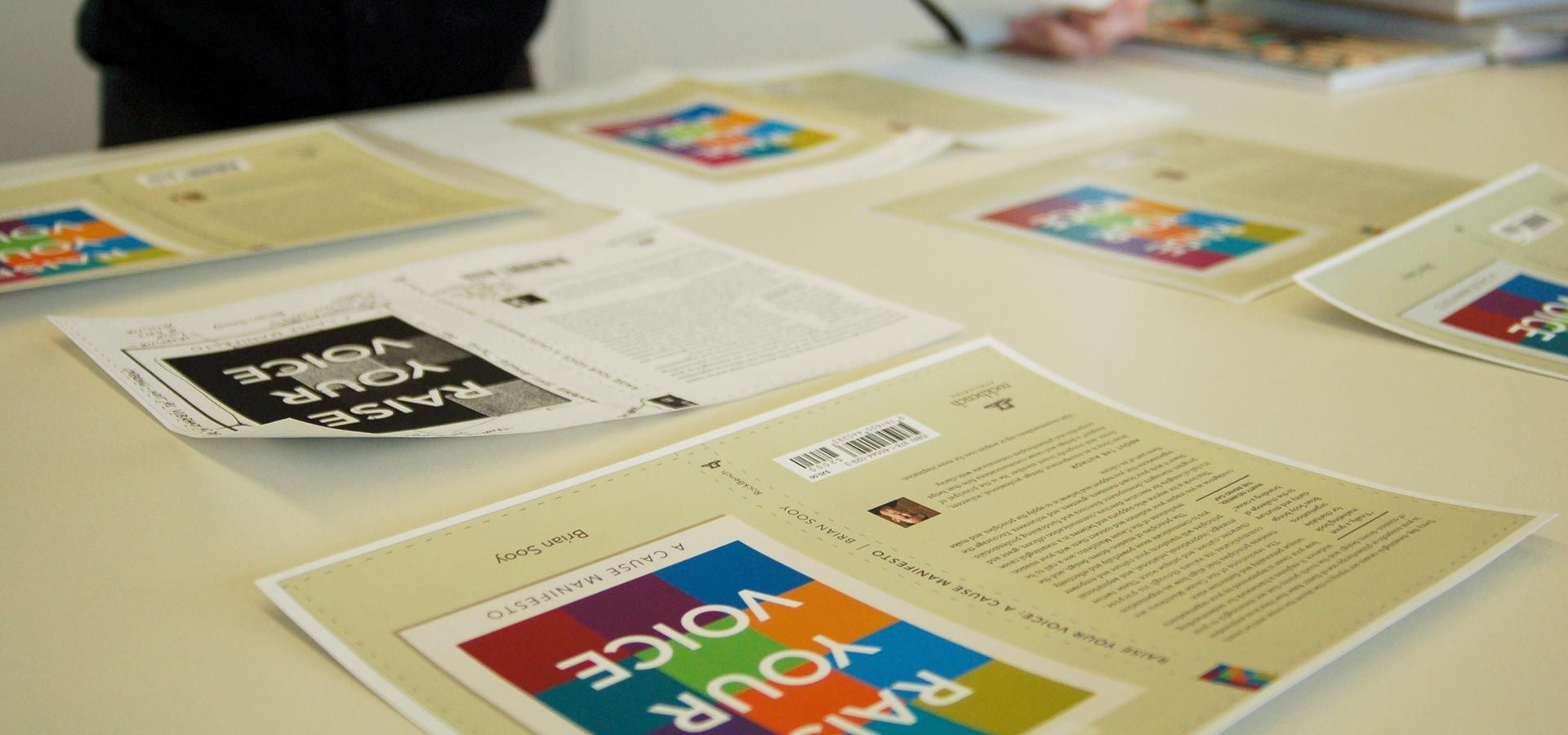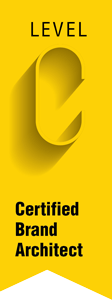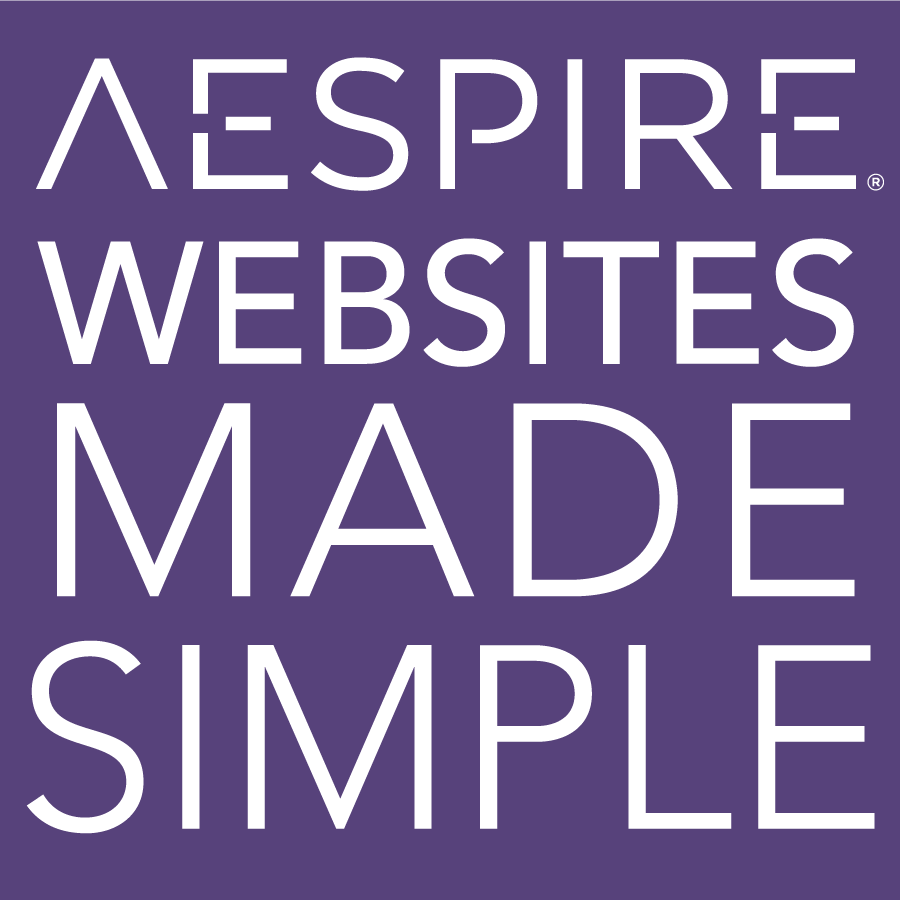The Conscious Habit of Letting Go
What’s the secret to creating value, scaling, and growing your business? In this conversation with entrepreneur and author Blair Enns, we learn it’s not about doing more or better. It may be about doing less.
In this episode, I’m talking with Blair Enns from Win Without Pitching. Win Without Pitching is an organization that runs sales and new business development training programs for owners and employees of design firms, ad agencies, PR practices, and other creative businesses. A lot of what he talks about is also relevant for your business.
Blair is the author of the Win Without Pitching Manifesto, (a book I designed through Aespire) and Pricing Creativity: A Guide to Profit Beyond the Billable Hour (the second of Blair's books that Aespire designed. I suppose you can say the agency is habit-forming).
Listen to hear the life-changing lesson Blair learned when he says, “Some lessons take me so long to learn, like the idea that other people could do what I do.”
Branding Needs to be Approachable and Understandable
According to
Seth Godin, everybody's a marketer. In a similar fashion, everybody is branding no matter what they're doing. There are a lot of entrepreneurs and business owners who are just trying to do their best to manage their business and do some marketing on top of it. The whole idea of branding is that a brand is the customer’s gut feeling about a product, service, or organization. The branding is what the organization does.
Blair: A brand is the inferred promise, as opposed to the stated or implied promise or anything around it. Inferred is on the part of the receiver. I can imply something to you, that's me communicating something to you (branding); you can infer something based on what I said (a brand).
I hadn't had this thought before… A brand is an inferred promise, it's not an implied promise. Value does not exist extrinsically. In the world, value is like beauty, it's in the eye of the beholder. Value exists in you. The brand and the promise of the brand exist in you, and it's very personal to you. And there might be some commonality from person to person, but it's this. It's an inference. Right?
Brian: I can try to create meaning for my brand. At the same time, nobody will derive value from that meaning unless it connects with them in some way. You are correct, it (brand) is inferred (by the receiver).
Blair: And even the meaning that you're trying to connect might not be the meaning that that people feel. At the end of the day value is nothing more than a feeling, a sense of regard, as is the brand. We can try to create value, but we never actually know the value that other people experience.
Brian:
I experience inferred value when somebody tells me, “I've been listening to your podcast, it's really it's interesting.” They found a value in what they heard, and it may have been different than the value I was hoping it would write convey to them.
Brian: I read this on your website: “Blair provokes, challenges and inspires creative professionals to radically rethink how they build their businesses.” Hmm. Did you know that was there?
Blair: Well, if it's on my website, it must be true. That's all I'll say.
Brian:
As a fellow entrepreneur, because we both we both run businesses, you've scaled yours up. I've scaled mine down. (At this point we have a side conversation about book printing and paper availability). Let’s talk about this this journey of entrepreneurship that you have, how books have been part of that, and part of the trajectory of Win Without Pitching.
What's the what's the purpose that really guides what you do beyond making money?
Blair: Our stated mission is to change the way creative services are bought and sold the world over. But when I think of my purpose and what I really want to do, I always think of creative people. I'm a writer and consider myself a creative person. I imagine this person can be a woman a man who's put on this earth with certain gifts. They make the decision to use these gifts of creation that give the ability to create things. And they decide to make creativity their passion and their enterprise. So that's person decides that she's going to be a designer for a business. She starts her own design firm hangs out a shingle; she begins as a freelancer. Then she's quickly faced with the realization that design is only part of the job, there's all of the business aspects of being a self-employed designer. She didn't sign up for that part of it, but she's willing to do it.
Of all the business parts, the part that she finds the most difficult is selling, because she's standing in a room with a client or prospective client about to share something she created that's deeply personal to her. If it's rejected, the rejection is personal.
I think of that young designer in that moment, is probably that's probably the most vulnerable they are in that moment when they have to sell. My whole business is built around helping that person in that moment. That's all I want to do to help that person. Give them a shot of granite to the spine is a line that a client of mine used, talking about reading the book, The Manifesto.
Stiffen their resolve, empower them, let them know that they can do this. Just stand up, be your class himself. Selling isn't that difficult. Let go of all of the horrible cliches around what it means to sell. And I just want to empower that person in in that moment. That's enough to build a business around.
A Shot of Granite to the Spine
Brian: Many entrepreneurs feel like if I share my creation with the world, and nobody buys it, I'm a failure. It's not the product that's a failure, I'm the failure.
What you do is you help people move beyond the fact that we're not the failure. The process that we've learned is broken.
Blair: There's just a lot of courage that's required to begin (creating), and then you step outside of that domain and think “Okay, now I have to (in some people's minds), now I have to be this sleazy salesperson.” That's just a misunderstanding of what it means to sell properly. That's a very vulnerable moment. Creative people are brave to begin with. But they're still vulnerable in that moment.
What Type of Business Do You Own?
Brian: These are questions every business owner must ask:
- What type of business do you own?
- Who is it for?
- What is it for?
- How do you deliver value?
When you shifted from being a consultant to the CEO of a training organization, what did that require? Did that require moving past your vulnerabilities?
Blair: I realized I had created a business that was kind of caught in the mushy middle between training and consulting between productized services and customized services. And when I started learning about value-based pricing, I realized this is a mistake. Rather than templating everything (and needing to charge on that basis), I need to charge based on the value that I create. That would free me from the financial ceiling that I had felt that I'd hit, I felt like I can't go any further, I can't work any harder, can't earn any money. That would have been the way to do it. Fewer clients; go deeper; charge more. That's proper consulting.
The Secret to Creating Value and Growing your Business
Blair: Or I could go the other way. I could productize and scale and pursue scale and start hiring people to do the work. And I chose to productize probably because I hadn't done it before.
When you start building a company and employing people, that's more entrepreneurial. I'm struck by how different it is. But what did it entail, what did I have to let go of? I am fond of saying, “I think I'm a smart guy.” But some lessons take me so long to learn, like the idea that other people could do what I do.
After almost a decade I’ve gotten to this place of embracing delegation and empowering the people around me. I've been slow to let go of things over the years. I had to get over the idea that other people could do this, not only as well as I could, but better than I could, even intellectually, I learned that years ago; the habit of letting go. Part of it is a feeling of guilt, feeling like I should be busy, where now I've completely at the other end of the spectrum. I keep saying to my team, I do not create value by being busy. If we want to keep growing and grow faster, I need to write every day. And that's all I should do.
And then when a book comes out, I spent six months speaking about that book, while I continue to write the next book, that's what I should be doing. If I could write 90 minutes a day, that would be great. I would take 60. And if that's all I did, the business would grow faster. But still, I continue to hold on to some things that I probably shouldn't.
Brian: I am resolved in the next year to let go of some of these things that I know somebody else could do. They're just things that consume my time and take away from that other value creation.
“Letting go has to be more than a habit, it takes resolve that becomes a habit.”
Brian: I know you're a follower of EOS, the entrepreneur operating system. How is Win Without Pitching structured since you have all this freedom now?
Blair: Can I back up and tell you the story of how we came to be here? Referring to the book, Rocket Fuel which describes two types of people, visionaries, and integrators. A visionary is somebody who's in charge of the future. They're big thinkers tend to be charismatic people follow them. They're creative, they can kind of see around corners.
An integrator is a systems person, they implement things, they get things done, they make the trains run on time. And that book, rocket fuel is about those two relationships.
When I read that book, I took the visionary assessment, and I scored really high on that. And then I had (Colette) take the integrator assessment, and she scored really high on that. It was clear, this is how we work together. These are the different roles.
The way Win Without Pitching is structured right now, I'm the visionary, Colette is the integrator. We've got a director of coaching, and then we have coaches, team support and a customer support person
One person is supporting our clients and coaches. And when one person is supporting the rest of the team in administrative roles.
What’s the secret to growing your business?
There’s a quote pinned to my wall from Jony Ive, the former SVP of design at Apple. It's the only quote I have pinned to the walls of my office. There has to be sacrifice.
“What focus means is saying no to something that with every bone in your body think is a phenomenal idea, and you wake up thinking about it, but you end up saying no to it because you're focusing on something else.”
Does the World Need another Book about Branding?
Brian: Here's the question I want to close with: You once said, “The world does not need another book about branding.” Do you still believe that to be true?
Blair: I've been advising creative firms for almost 20 years. In the beginning, the message that I always lead with was that you need to position yourself; everybody had to specialize, there were just too many firms doing the same thing. It creates commodifying forces on graphic design and the other creative professions.
And I also knew that it's hard for creative person to specialize, because creativity is the ability to bring a novel perspective to a problem. Therefore, if that's your strength, if that's your superpower, solving the problem that hasn't previously been solved before, for solving in a different way, you're going to always look for a new problem to solve. And you'll build a business that lets you pursue whatever you want.
When I worked with the first few dozen or 100 firms on trying to find a specialization, so many of them would specialize in branding. That word became the new “full-service marketing” catch all word into which these creative professionals would dump everything they could possibly do for a client. It was just a word for graphic design, and other stuff. I just got fed up with that word being used in that way. And I still to this day. It's a trigger word for me.
So just because Blair ends is never going to read another book on branding, because he's just fed up with the topic and the inappropriate use of the word. Doesn't mean others won't.
Brian: I knew I could trigger you somehow.
Blair: And I think if you're going to write a book on branding, you had better have a point of view. You had better have a point of view on it that people had not considered before. It better add something to the Pantheon to the to the body of work that's out there that gets people to think, oh, that's different. That's I hadn't thought about that before. And that's yeah, I'll stop there.
Brian: That's a great takeaway: if you're going to write anything, you have to have a point of view, you must have a perspective.
Photo courtesy of Win Without Pitching
Do you have a hard time explaining what your company does or why your brand matters to people?
If you struggle to grow your business, you’re not alone. Aespire can help you create a clear message and brand that helps you grow your business. Contact us today for a consultation with a StoryBrand Certified Marketing Guide.
Get a Free Comprehensive Marketing Assessment
Stop hoping your marketing will sort itself out.
- Complete this free assessment in 15 minutes.
- Review your custom report (and schedule a 30-minute review) to diagnose what’s happening.
- Create an action plan to get your marketing back on track.
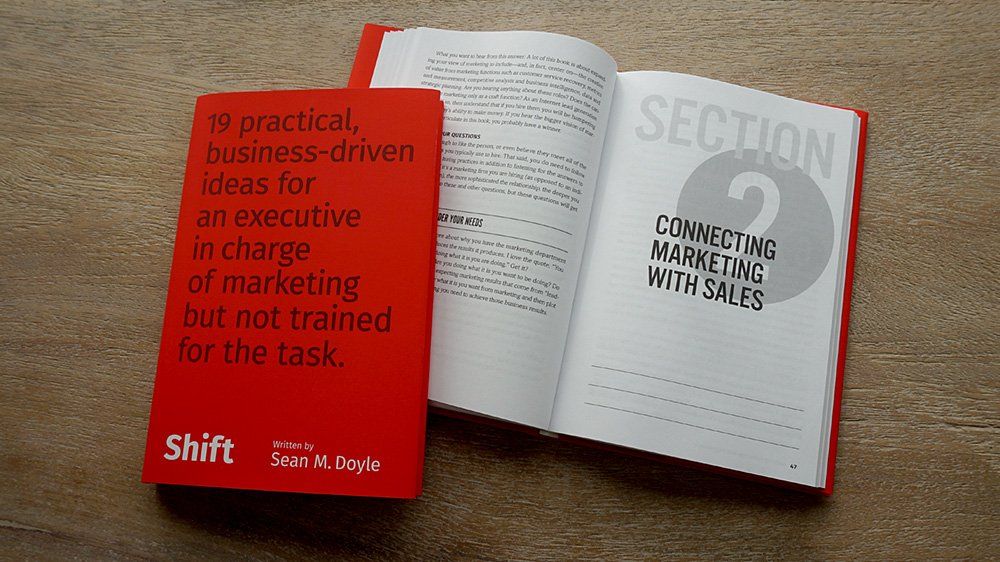
Do you feel powerless because you’re competing against deep-pocketed competitors? Call today to design a strategy to capture demand, create new customers, and grow your business.
Aespire Branding
5061 N Abbe Rd, Suite 2
Sheffield Village, OH 44035
Phone: (440) 322-5142
Email Aespire
Aespire is a Woman-Owned Small Business Enterprise (WBE)
Many service and solution companies struggle to explain how their expertise helps customers solve problems and achieve their goals. Aespire guides leaders with brand strategy, design, and marketing so they can start, grow, and sustain thriving teams and businesses.
We're committed to helping people flourish, businesses thrive, and communities prosper.
Privacy Policy | Terms of Use | Accessibility | Privacy Settings | Site Map
As an Amazon Associate, we earn from qualifying purchases on this and other affiliate programs.
© 2024 Aespire Cleveland StoryBrand Guide | Ohio Marketing
|
Brand Strategist | Built on
Aespire Websites Made Simple


